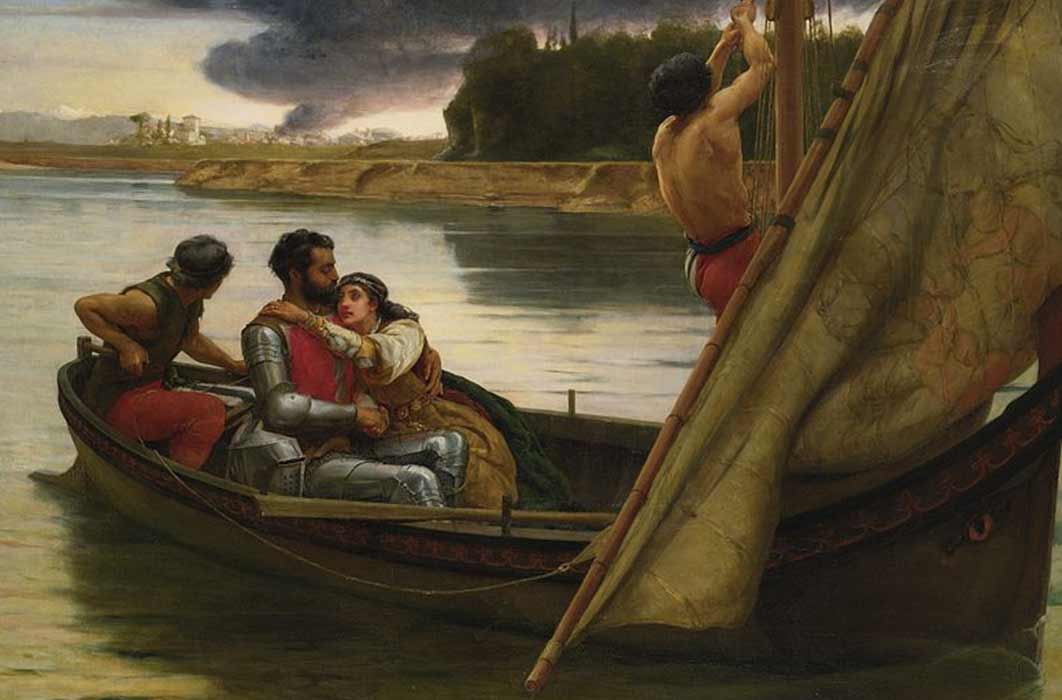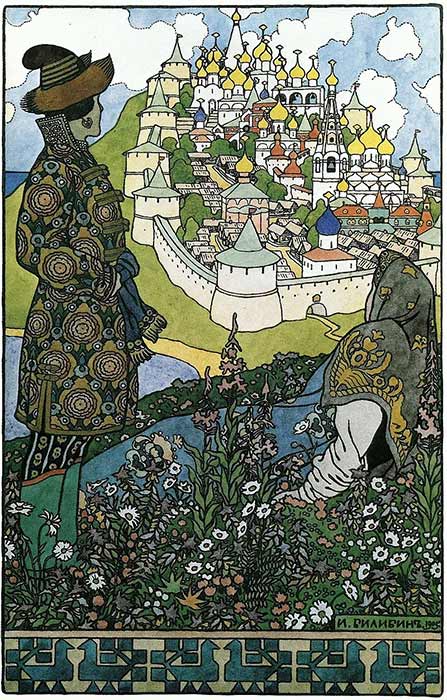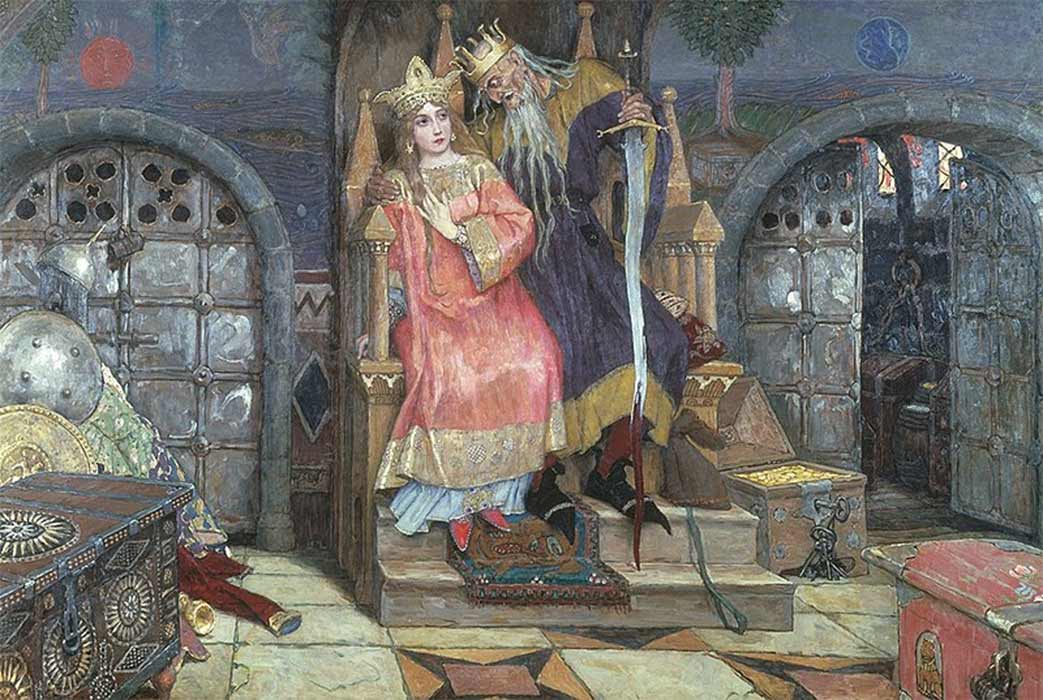
Mythological Islands in Folklore and the Collective Subconscious
To quote the poet John Donne: “No man is an island, entire of itself; every man is a piece of the continent, a part of the main”, but every person may also venture to the mythical islands of the collective subconscious where a wounded soul goes to recover and uncover the Hidden Self. Reminiscent of hunter gatherers gathering around their fires in their winter caves, the tradition of storytelling is replete with islands representing places of extremes, and of dreams, and they served in folklore as both Utopias and purgatories.

Athanasius Kircher's map of Atlantis, placing it in the middle of the Atlantic Ocean, from Mundus Subterraneus (1669 AD). Published in Amsterdam, oriented with south at the top. (Public Domain)
While much has been written about the Greek Atlantis, which is perhaps the grandfather of the mythological island archetype, there are other legendary land masses and cartographic wonders reported by early explorers that were not based ‘purely’ on myth. These islands are magical, and inhabited by priestesses, witches, wizards, gods and goddesses, but they all have real world islands whence they might, or might not have been inspired. While these islands are in a great part imaginary, they all have a very important place in world history, literature, and mythology, even if today they do not have longitude and latitude coordinates on maps and charts.

Buyan Island, by Ivan Bilibin (1905) (Public Domain)
The Slavic Island of Buyan
Slavs inhabited eastern and south-eastern Europe, but extended also across northern Asia to the Pacific Ocean, and Slavic languages belong to the Indo-European family. Slavic paganism describes the religious beliefs, myths and ritual practices of the Slavs before their Christianization, which occurred during various stages between the eighth and the 13th century. It is believed that Slavic mythology can trace its roots back to the Proto-Indo European period, and perhaps as far back as the Neolithic era, and it is from these traditions that the island of Buyan emerged.
Buyan is described as a mysterious island in the ocean with the ability to appear and disappear with tides. According to Mike Dixon-Kennedy in the 1998 Encyclopedia of Russian and Slavic myth and legend this is where “all weather in the world originates having been created by the god Perun.” Perun was the supreme god of the Slavic pantheon, governor of the sky, thunder, lightning, storms, rain, law, war, fertility and oak trees. Three divine brothers also resided on Buyan, who manifested as the Northern, Western and Eastern Winds. Alongside the three brothers were the Zoryas, Sun goddesses, the daughters or servants of the Sun god, Dazhbog. As the Slavic god of Sun and fire, son of Svarog and chief god of Serbs, Dazhbog was also considered as the ancestor of all Slavs at a time when it was rare for a grandson/granddaughter to meet their grandparents.





